chronic colitis in cats
Many cats may have an occasional acute bout of colitis but if the condition becomes serious and chronic treatment may be required in the form of dietary modification antibiotics anti-inflammatory drugs or deworming. There are several causes of colitis in cats which include infection food allergy or intolerance parasites pancreatitis cancer dietary indiscretion and stress.
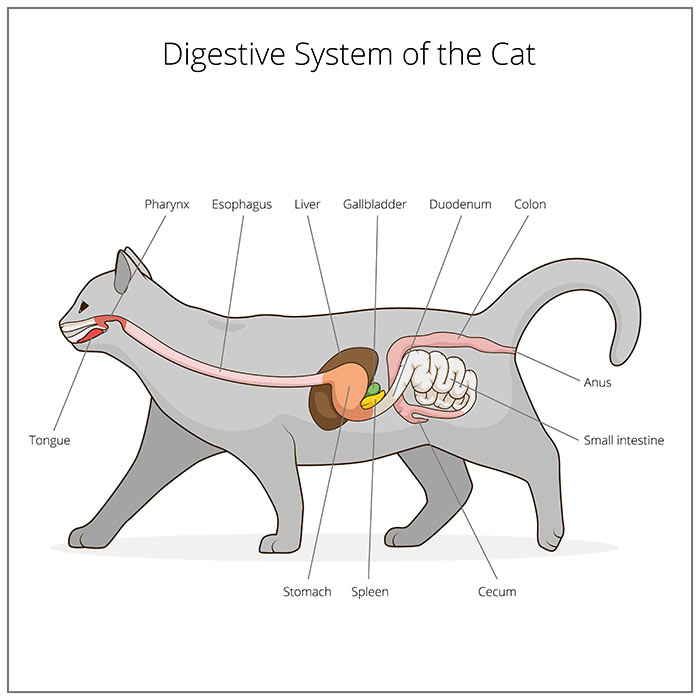
Colitis In Cats What It Is Symptoms Causes Treatment
Ad Colitis is More Common in Cats Under Age of 5.

. 5 Most Common Causes of Colitis. Defecating mucus or blood. Other physical symptoms of.
Weight loss in chronic cases Poor appetite. Other Reasons for Colitis. Chronic feline colitis usually occurs in older cats and is often related to a primary medical condition.
Conclusion With the right treatment IBD in cats can be managed and even eliminated. Causes of cat colitis include allergies infection injuries ingestion of toxic substances and cancer. Learn What Colitis Causes How to Help.
Colitis in cats can generally be divided into three types. Potential causes of colitis in cats include. Episodic colitis comes and goes over time.
Colitis can either be chronic lasting for long periods of time or acute occurring for just a few days and resolving on its own without treatment. Making multiple trips to the litter box potentially with increased urgency. Colitis symptoms can range from being random and moderate to being persistent and severe at.
What is Colitis in Cats. The colon is a segment of the intestine and plays an important role in the defecation process. A secondary reaction to antibiotics and other medications Pancreatitis Dietary intolerance or.
Water is absorbed in the colon and feces are stored until the cat passes it out of the body. Feline inflammatory bowel disease IBD is a condition in which a cats gastrointestinal GI tract becomes chronically irritated and inflamed. Symptoms of Feline Colitis.
Colitis in cats is a condition that manifests through the inflammation of the lining of the colon causing a lot of discomfortColitis may be acute or chronic and cause symptoms such as diarrhea and abdominal pain. Inflammatory bowel disease IBD Irritable bowel syndrome Stressanxiety Intestinal parasites Food intolerance or sensitivity Dietary indiscretion eating something they shouldnt like human food Infections of the GI tract bacterial fungal viral. Colitis is a common disease in dogs and cats most commonly characterized by chronic diarrhea of unknown origin.
Colitis and Proctitis in Cats. The calling card of colitis in cats is a loose or mostly wet stool containing mucus and sometimes blood. Symptoms of Colitis in Cats.
What are signs of colitis in cats. Three months later the cat was euthanatized because of effusive feline infectious peritonitis. Inflammatory cells infiltrate the walls of the GI tract thickening them and disrupting the ability of the GI tract to properly digest and absorb food.
A young cat with chronic large bowel diarrhea was found to have suppurative colitis. The more common causes of colitis include. Common causes of colitis in cats Irritable bowel syndrome IBS Intestinal worms Stress Viral or bacterial infection Food allergies or dairy intolerance Eating things he shouldnt as a result of scavenging in bins for example Gastrointestinal infections such as.
One of the main symptoms of colitis is diarrhoea or loose and watery stools. One of the most widespread causes of cat anxiety is a change in habit such as. Chronic colitis which lasts more than 2 to 3 weeks and episodic colitis which comes and goes over time needs to be treated in order for the cat to heal.
If a Cat is Exhibiting Frequent Painful Passing of Feces it May be Related to Colitis. Colitis in cats occurs when the colon is inflamed usually resulting in pain and discomfort. Colitis is an inflammation of the colon large intestine which is the last part of the digestive tract in cats.
Histiocytic ulcerative colitis is a bowel disease which causes the lining of an animals colon to thicken with varying degrees of ulceration and tissue loss to the superficial lining. After ruling out common infectious disease parasitic bacterial fungal diet change can control signs of most of the patients. Chylothorax is more Common in Cats than Dogs.
Treatment with sulfasalazine resulted in prompt clinical improvement although histologic abnormalities persisted. Colitis in cats can be extremely uncomfortable for them to experience so you should get. Histologic examination revealed a normal colon.
Chronic Kidney Disease in Dogs and Cats. In cats with chronic colitis hematochezia without diarrhea may be the most common clinical sign. Vomiting and weight loss can occur but these tend to be the more severe cases eg HUC or those that have concurrent disease that also affect the stomach or small intestine.
Before beginning extensive diagnostics or obtaining an intestinal biopsy there are important diagnostic tests or trial therapies to consider. Stress Intestinal parasites such as roundworms Coccidia or Giardia Viral infections particularly feline leukemia virus FeLV feline immunodeficiency virus FIV or feline infectious. Missing their litter tray.
Acute colitis happens suddenly and lasts only for a few days. Colitis means inflammation of the colon and that spells diarrhea - often with fresh blood or mucus - and straining and discomfort for the pet as well as a mess to clean up. Parasites dietary intolerances bacterial causes and inflammatory bowel disease are but a few etiologies of chronic colitis in the cat.
Chronic colitis lasts for a minimum two to three weeks. Colitis in cats is a common problem and if your cat struggles with chronic diarrhea andor vomiting then inflammatory bowel disease or IBD in cats could be the culprit. IBD is described as a chronic inflammatory condition of the gut and its.
The thickening is due to the infiltration of various cells in the layers under the lining. Parasites such as hookworms roundworms whipworms or giardia Food allergy Bacterial viral or fungal infections Eating nonfood items such as grass plastic or fabric. If not successful antibiotics or.
Signs of colitis in cats may be acute can develop suddenly and last for a few days or chronic can last for several weeks if not longer. Frequent passing of very small stools. Cats of any age can be affected by IBD but the disease occurs most often in middle-aged and older.

Feline Inflammatory Bowel Disease Treating Ibd In Cats

7 Common Signs Of Colitis In Cats Feline Health Cats Cat Advice
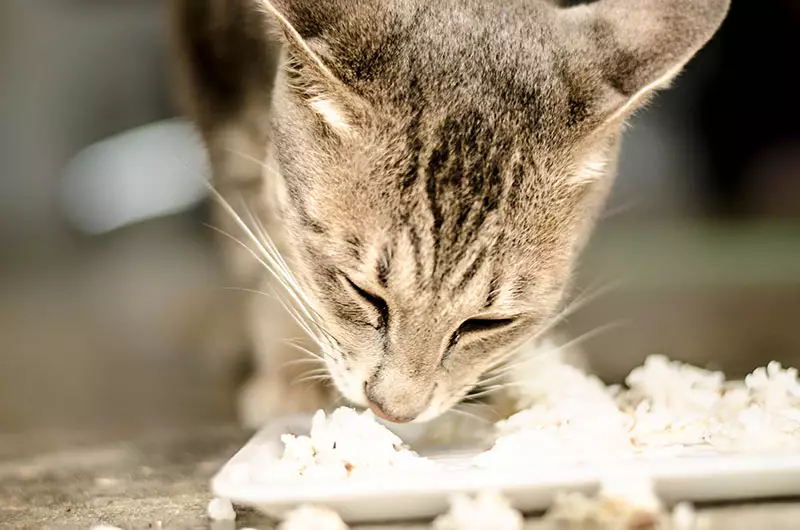
Colitis In Cats What It Is Symptoms Causes Treatment
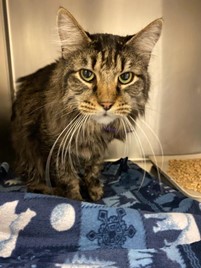
Tummy Trouble In Feline Patients One Health Institute

Inflammatory Bowel Disease Ibd In Cats Part 1 Boulder Holistic Vet

Inflammatory Bowel Disease In Cats

Dealing With Ibd Valley Cats Inc

What To Eat For Cats Colitis Hyaenidae

Therapeutic Effect Of Znonps On Dss Induced Colitis In Mice A Download Scientific Diagram

How To Choose A Diet For Ibd Cats 11 Steps With Pictures
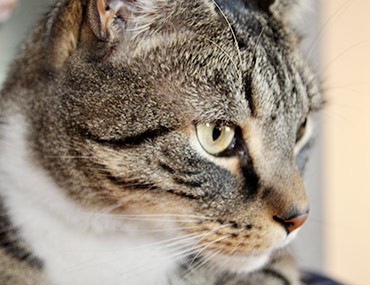
Feline Colitis An Infection In The Colon
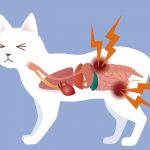
Colitis In Cats What It Is Symptoms Causes Treatment
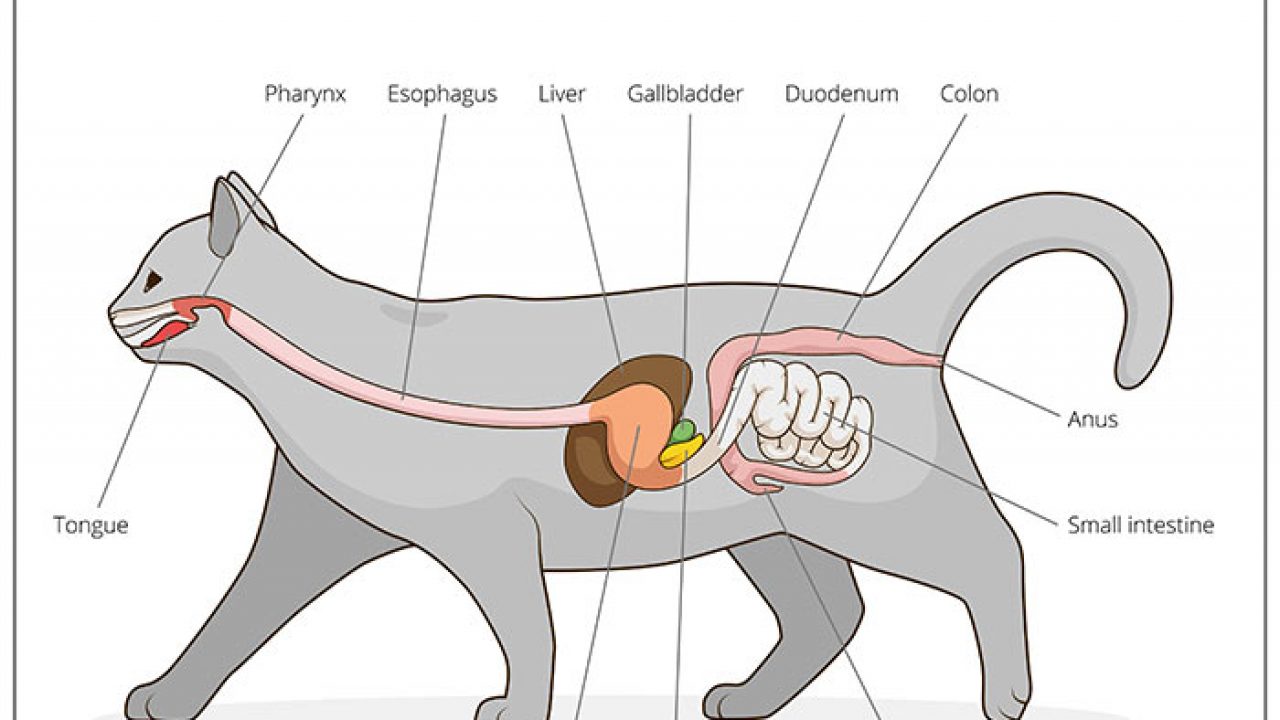
Colitis In Cats What It Is Symptoms Causes Treatment

The Role Of The Microbiota In Feline Inflammatory Bowel Disease Abstract Europe Pmc

Dealing With Colitis In Cats Dr Alan Sibinic S Blog Community Spalding Labs

It S Normal For A Cat To Vomit Right Understanding Ibd And Feline Gi Disease Just Cats Clinic

Cats Protection Faecal Scoring System Copyright Cats Protection Used Download Scientific Diagram
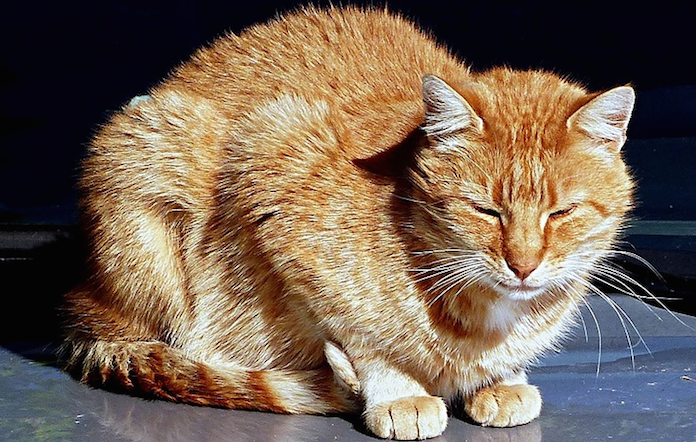
Inflammatory Bowel Disease In Cats Little Big Cat

Intestinal Problems In Dogs And Cats A Comprehensive Guide To Colitis Petsafe